Stop pulling on your horse's mouth! No, really, please stop for his sake and yours.
I'm not pulling!
I swear it's hard-coded in our genes to respond to any hints we may be pulling or leaning on the reins with the shrill reply, “I'm NOT pulling!” In 20 years of riding I've shrieked that response more than once. It's okay to admit making mistakes, it's what we do with those difficult lessons that defines us, and please please please… learn to stop pulling on your horse's mouth sooner than later!
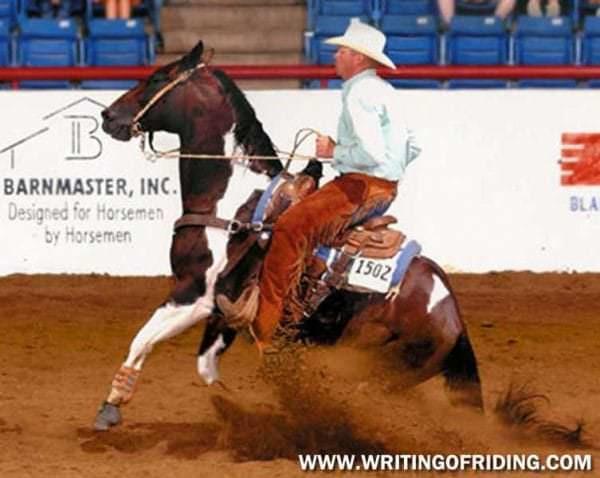
But it's my horse who pulls on me!
If you held hands with someone who hung on your arm or gave a periodic (but painful) yank, would you ever try to pull your hand free from them? Of course you would!
If your horse is pulling the reins from you or seemingly “heavy” it's time to look at your balance in the saddle and use of the reins. Ask what you're doing to annoy or cause him pain to the extent he's pulling away from you.
Is your horse in pain from your equipment, from your imbalances or position in the saddle, the way you use your reins? Maybe he's only trying to defend himself against you.
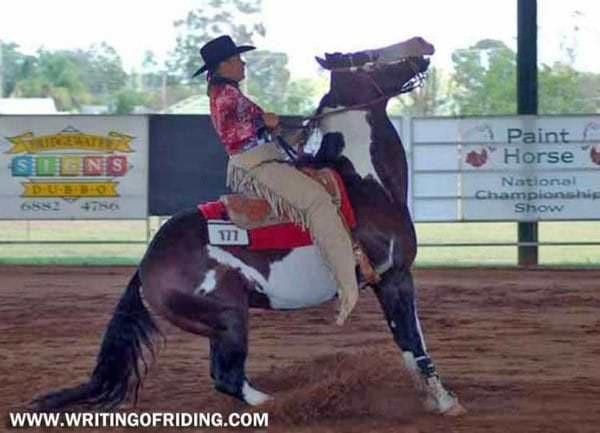
No really, I'm NOT pulling!
ANY backward action on the reins once you've taken up the slack IS PULLING. End of story.
So how can we solve this? Practice developing your balance in the saddle so you aren't relying on the reins to keep you in the saddle. If you can locate a riding instructor in your area who teaches Classical Seat exercises all the better. If you're practicing on your own work up to riding without stirrups to challenge your position, taking progressions through the gaits at your own pace.
Ride with a single rein, allowing slack in the other. Riding without the second rein to correct the mistakes of the first rein allows you to observe your mistakes and correct them.
What else have you done to improve your balance and independence of the aids?
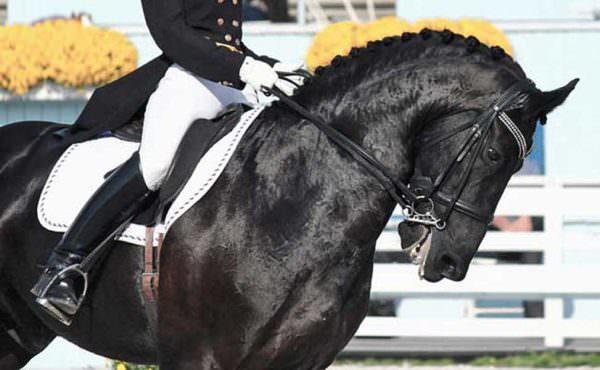
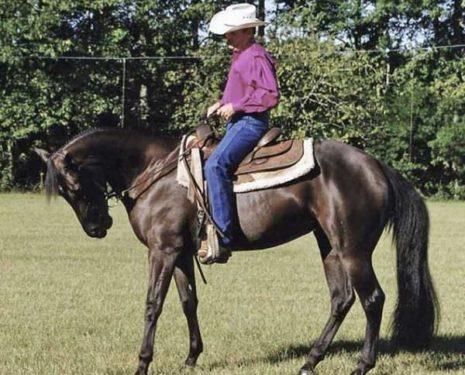
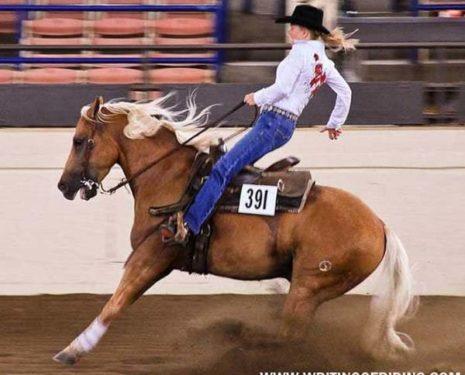
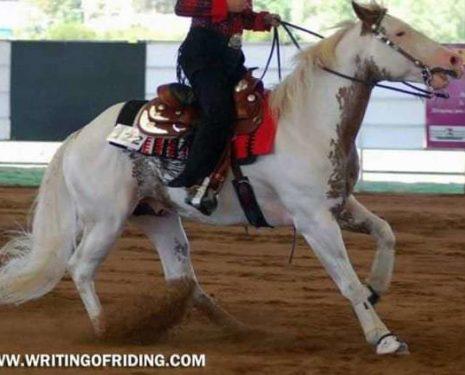
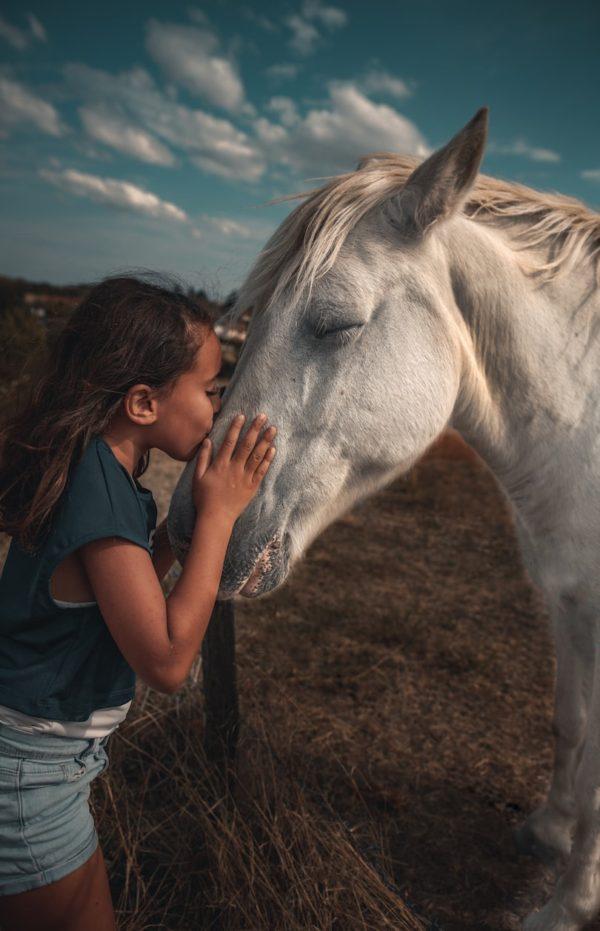
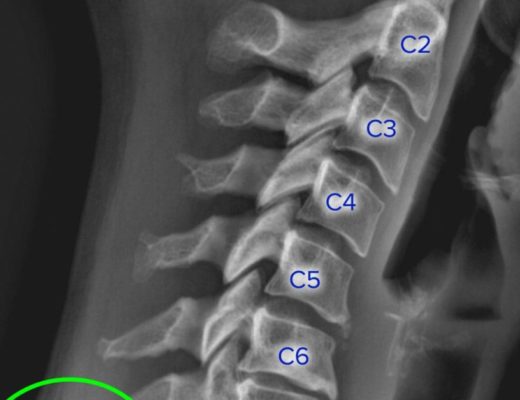
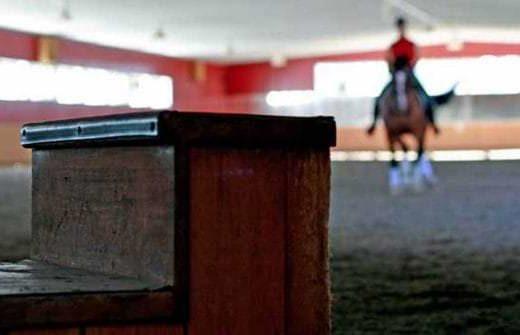
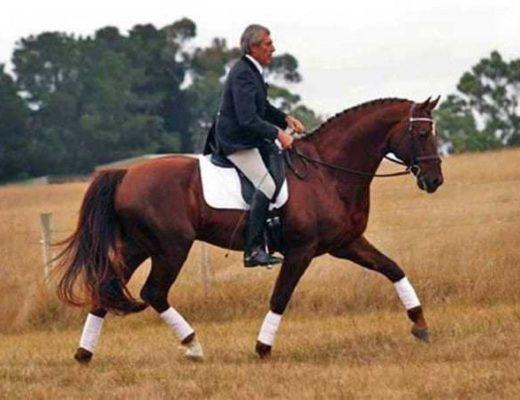
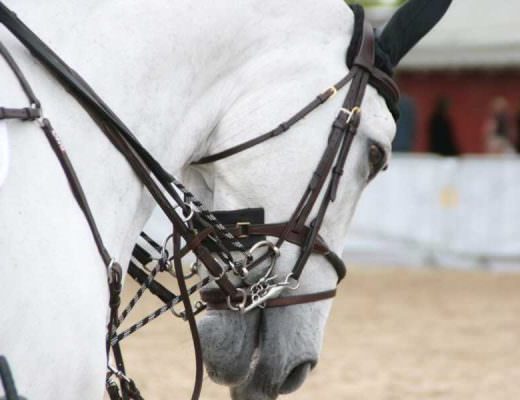
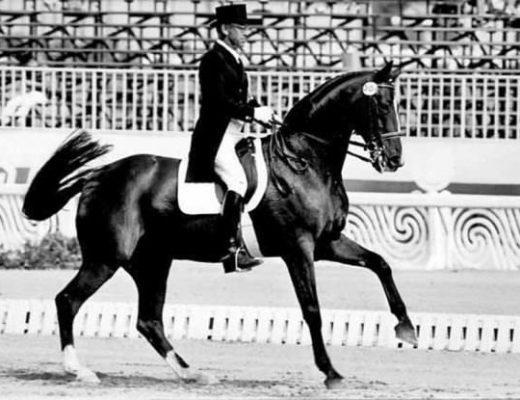
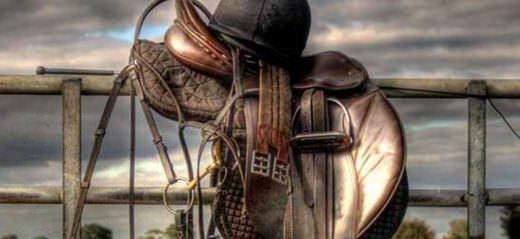
We humans are descentants of the ape family. We are genetically coded to operate with our hands, mostly. Just like all apes, we have the instinct of grubbing and holding with our hands. Whenever we stumble, loose our balance and are about to fall, our instinctive reaction is to extend our hands, and try to get a hold of something.
And this is exactly what happens with the inexperienced or bad riders. And this is the reason we see so many riders thinking with their hands and reins, unfortunately.
I agree, it’s in our nature and difficult to change without conscious effort and practice.
If we didn’t have this in-born fault to overcome horseback riding might be too easy. 😉
We humans are descentants of the ape family. We are genetically coded to operate with our hands, mostly. Just like all apes, we have the instinct of grabbing and holding with our hands. Whenever we stumble, loose our balance and are about to fall, our instinctive reaction is to extend our hands, and try to get a hold of something.
And this is exactly what happens with the inexperienced or bad riders. And this is the reason we see so many riders thinking with their hands and reins, unfortunately.